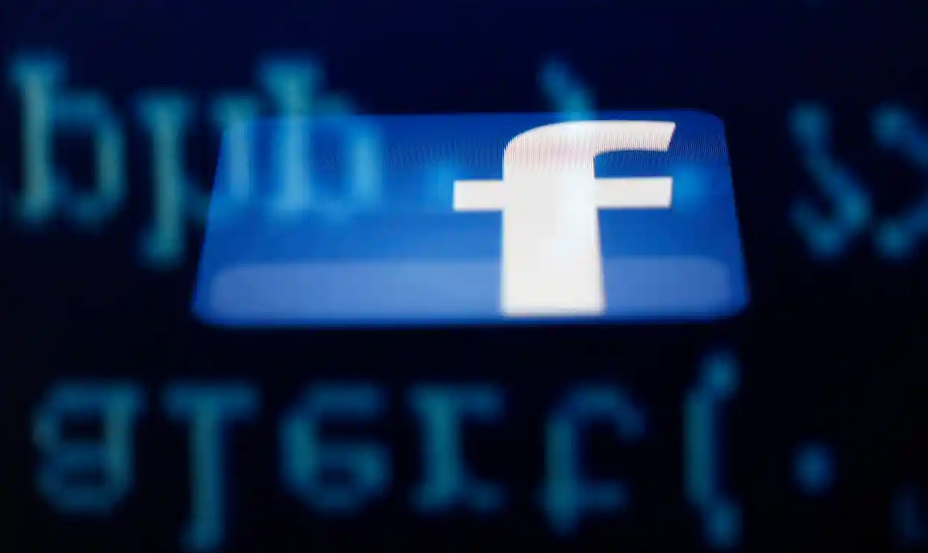The results of Brexit or Trump happening were shocking but not surprising. However, a greater concern emerged: the accidental or deliberate propagation of misinformation via social media.
44% of Americans get their news from Facebook (Solon, 2016). Many millions of people saw and believed fake reports that “the pope had endorsed Trump; Democrats had paid and bussed anti-Trump protesters; Hillary Clinton was under criminal investigation for sexually assaulting a minor” (Smith, 2016). If our democracy is built on reliable information, what is real?
The good, the bad and the ugly admission fee
In the Arab Spring campaign, Facebook as well as Twitter were first politicized and used to inspire people as tool for democracy. With Brazil, Brexit, and US we saw the equilibrium shift to the other side. We assume that there is an admission fee to pay before we are allowed to the connected world (Thompson, 2019). How many times a day have you been asked to agree with the terms on a website and clicked accept to only access the data behind it?
The recent Cambridge Analytica scandal exposes Facebook’s rather porous privacy policies and the company’s casual attitude to oversight. By using the platform, Cambridge Analytica, a British data mining firm, was able to extract data of 270.000 people by conducting a survey. People accepted to share details about themselves –and unknowingly about their friends (Economist, 2018). This amounted to information from 50 million Facebook users in overall, which the company happily shared with their customers, including Trump (Economist, 2019).
Full-service propaganda machine and Nazi Germany
In essence, companies like Cambridge Analytica can use Facebook to “target voters who show an interest in the same issues or have similar profiles, packaging them into what it calls ‘lookalike audiences’.” (Economist, 2018). The practice used effectively shaped voting results in several countries such as Argentina, Kenya, Malaysia, and South Africa even before the US presidency in 2016 (Thompson, 2019).
The practice to address certain lookalike audiences with feelings rather than facts, playing up vision to create a fake emotional connection, is not new. Nazi Germany shows this. Yet, we have the internet-driven efficiency (Smith, 2016).
Clickbait
Like the headline of this article, revenue-driven platforms such as Google and Facebook are using news feeds that engage more people, essentially to expose them to more ads. Whether the article is reliable or not does not matter, the algorithm boosts sensational stories that reinforce prejudice in order to draw more clicks (Smith, 2016). As mentioned before, if we use this as our primary information source, how can we assure that we are able to make informed decisions?
To conclude, platforms cannot stand at the sidelines making profit and see how they are used as a stepping stone to the next political victory for the highest bidder. They should be held accountable. Now.
References:
Economist (2018) The Facebook scandal could change politics as well as the internet. Data privacy. Available at: https://www.economist.com/united-states/2018/03/22/the-facebook-scandal-could-change-politics-as-well-as-the-internet
Economist (2019) “The Great Hack” is a misinformed documentary about misinformation. The Facebook scandal. Available at: https://www.economist.com/prospero/2019/07/24/the-great-hack-is-a-misinformed-documentary-about-misinformation
Smith A. (2016) The pedlars of fake news are corroding democracy. The Guardian. Available at: https://www.theguardian.com/commentisfree/2016/nov/25/pedlars-fake-news-corroding-democracy-social-networks
Solon O. (2016). Facebook’s failure: did fake news and polarized politics get Trump elected?. The Guardian. Available at: https://www.theguardian.com/technology/2016/nov/10/facebook-fake-news-election-conspiracy-theories
Thompson A. (2019) The Great Hack terrified Sundance audiences, and then the documentary go even scarier. IndieWire. Available at: https://www.indiewire.com/2019/08/the-great-hack-documentary-oscar-cambridge-analytica-1202162430/
Photograph: Dado Ruvic/Reuters



